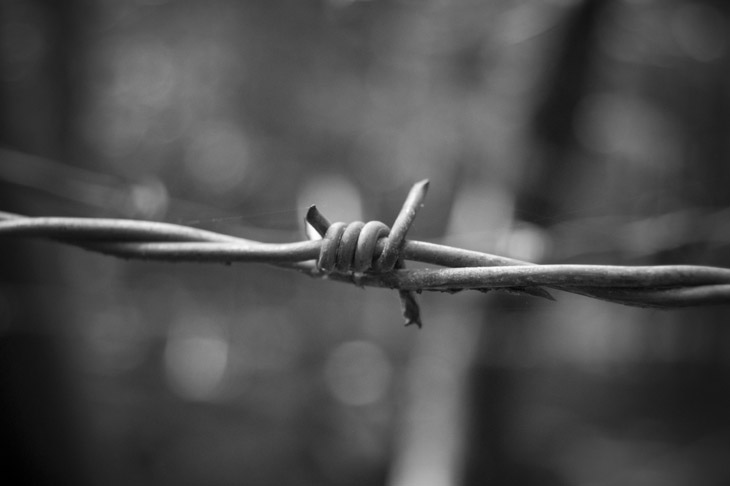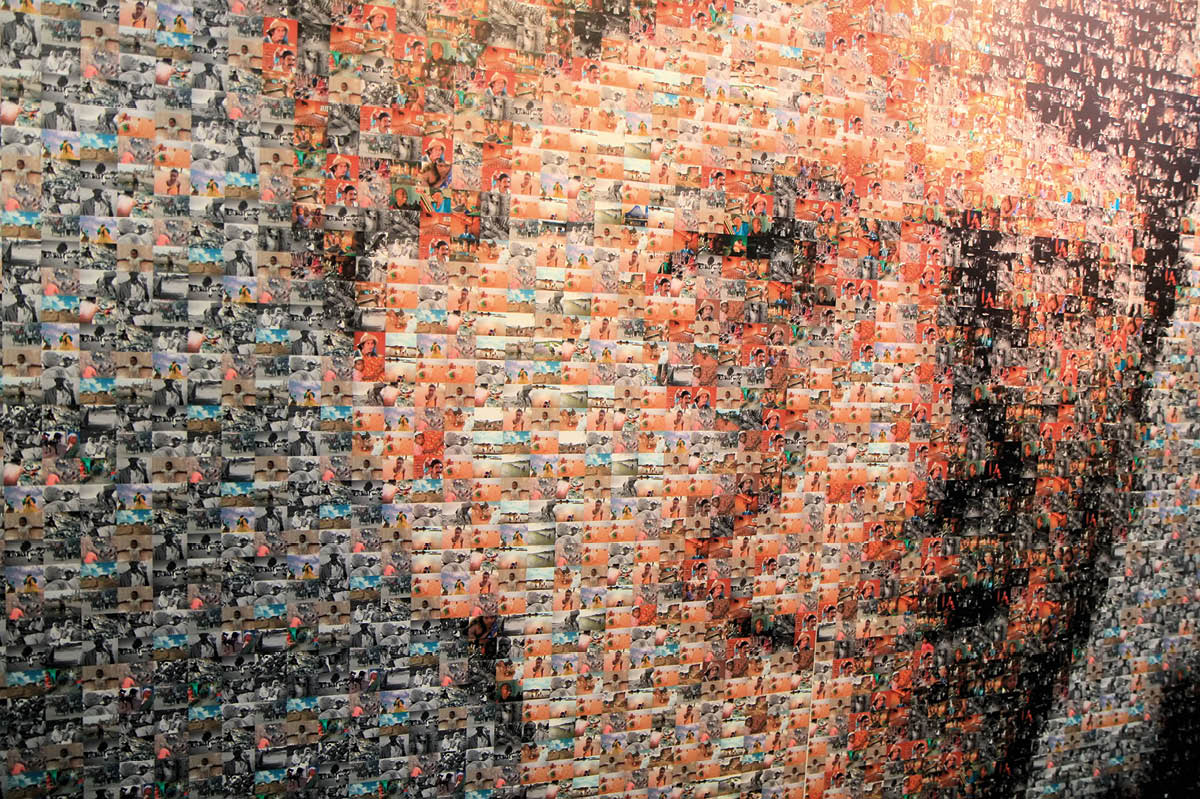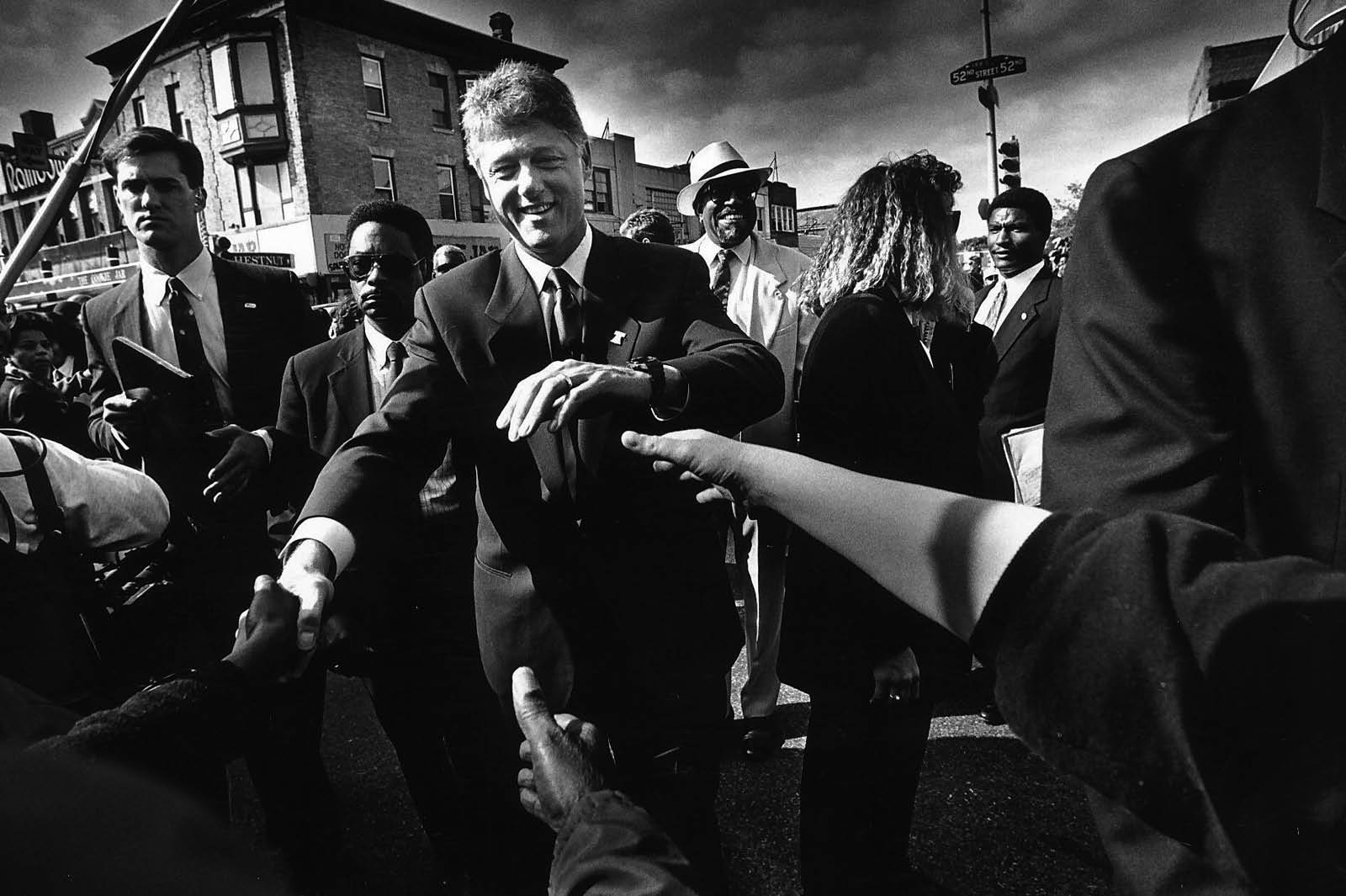‘No testimony from this time must ever be forgotten,’ the great Lithuanian poet Tomas Venclova says in his afterword to Dalia Grinkeviciute’s memoir. The author was 14 in 1941, when the Soviets deported her with her mother and brother from their native Kaunas, Lithuania’s second largest city. In 1949, the women escaped from Siberia and went into hiding. Grinkeviciute began writing about her ordeal, but soon, facing another arrest, she buried the unfinished manuscript in a garden. More prisons and camps followed before she eventually returned home in 1956. Found in 1991 after her death, the memoir was published and became part of the school curriculum in Lithuania.
The book starts with an arduous journey through a country Grinkeviciute and her fellow deportees don’t see as theirs (the USSR annexed Lithuania in 1940, and mass deportations began shortly before the German invasion the following year). They are brought to Siberia and left on an island with no vegetation, where they have to build a fish processing factory — but first, a place for themselves to live. Starvation, hard labour and diseases are such that many don’t make it through the winter, and those who do are reduced to a pitiable state, constantly looking for anything that can be burned or eaten. ‘We are not cattle, we’re people,’ Grinkeviciute repeats as she records it all. ‘Nor must we ever forget it.’
Reading the book, it is hard to decide what’s more horrific: to go through this everyday hell when you are ‘14 going on 20’, or to relive it when you are 20 and waiting for the nightmare to start again. Is the author a survivor trying to deal with her trauma, or a writer capable of saying things that cannot be imagined?
The 14-year-old Dalia sees death around her, yet she never thinks she is going to die herself. When her mother falls ill she prays for the first time: ‘God, you terrible God, where are you?’ A hill that the labourers must climb imprints itself on her memory as ‘the Golgotha of my youth’. These references bring to mind ‘Become as little children’, which takes on a new meaning here: as adults are struggling to survive and remain human, children find the strength to grow up and remember it all.
Learning that the deportees are paid 80 roubles for every 1,000 bricks they carry, Dalia proudly tells her mother that she has just earned 20. Not that one can buy a lot with this money. At first there is no bakery nearby; later, bread queues stretch to the only store. Solidarity strengthens among the deportees, although it’s sometimes limited to family or closest friends. Outside of the barracks, very few sympathise with them — a Belarusian nurse, a Jewish doctor, a Finnish stockroom supervisor — while others are at best indifferent to their sufferings. It is the majority’s passive complicity, these pages imply, that makes totalitarianism possible.
Grinkeviciute’s memoir has been compared to Anne Frank’s diary and to the writings of another Gulag survivor, Varlam Shalamov. It ends abruptly with Dalia bursting into tears at the sound of a radio broadcast. This is a first-person version of an equally heartrending scene in Vasily Grossman’s novel Everything Flows: in another labour camp, on another spring day, women prisoners suddenly hear music coming from a loudspeaker and break down all at once, crying as they have never done in the worst of winter.
Grinkeviciute speaks for those women too when she writes: ‘Our stolen youth weeping for its stolen homeland.’ Some tragedies are so overwhelmingly senseless that there seems to be only one way to react to them and to describe them. This description deserves to be read time and again.

























